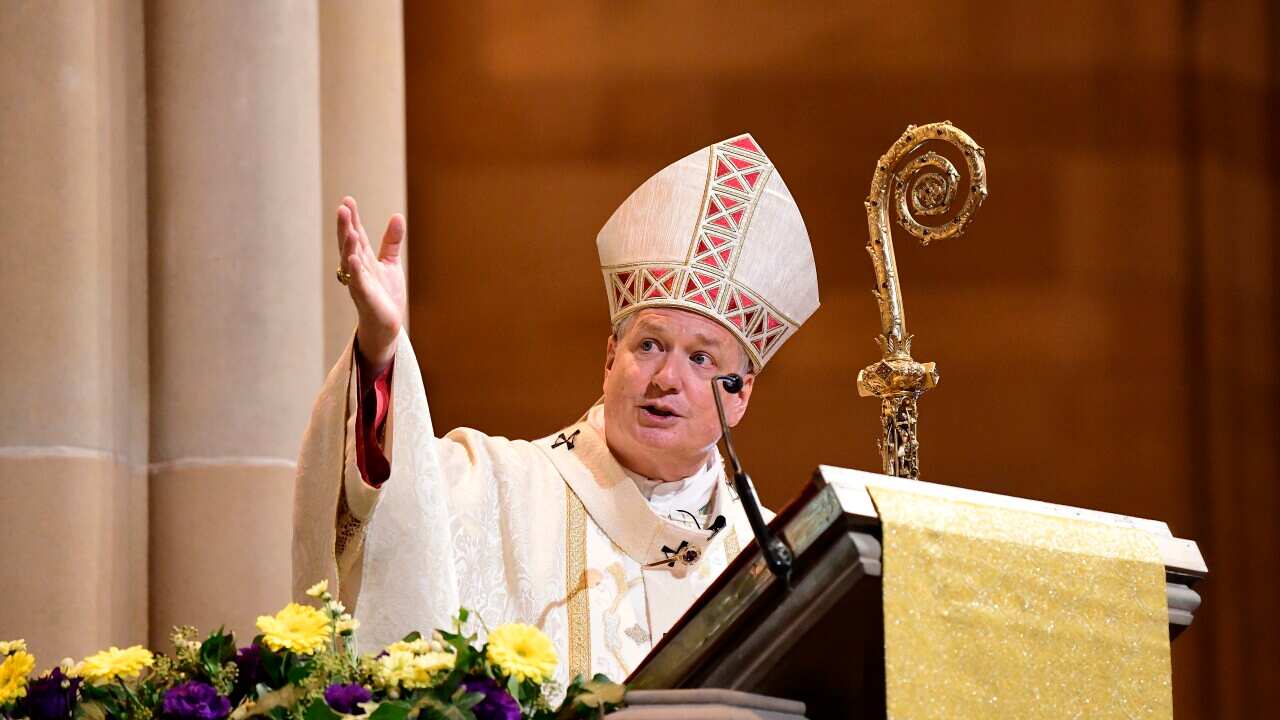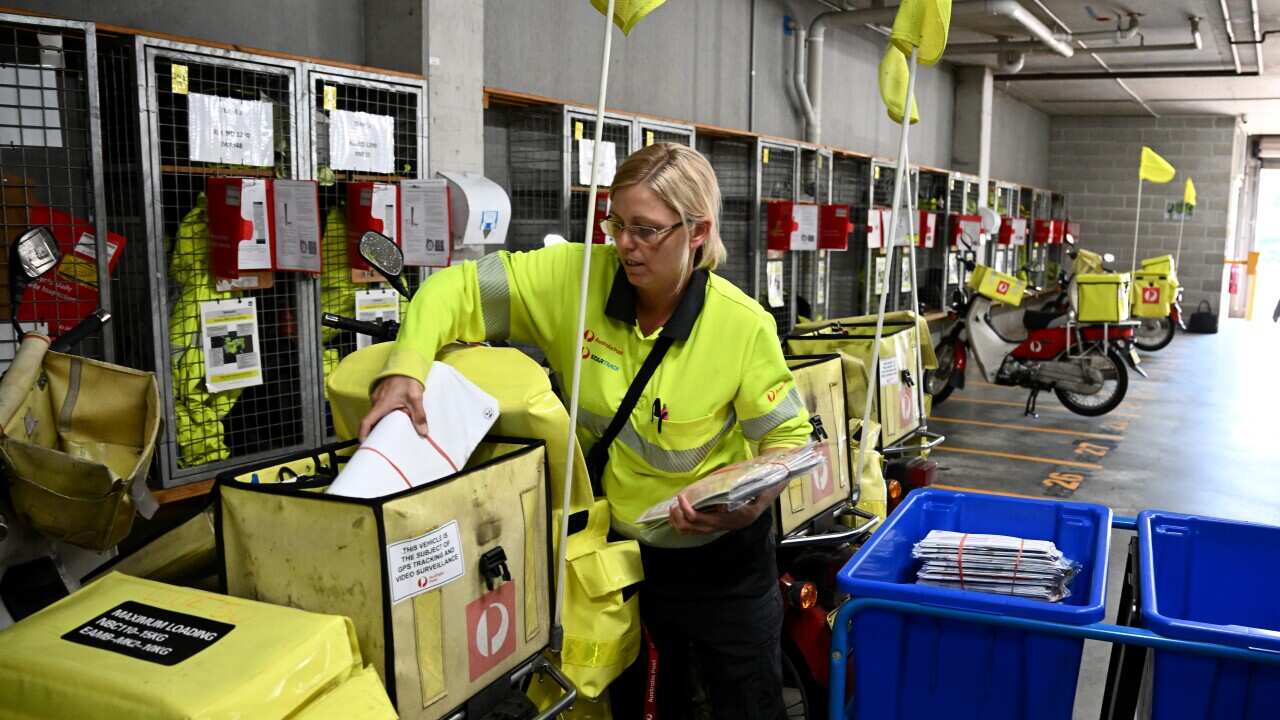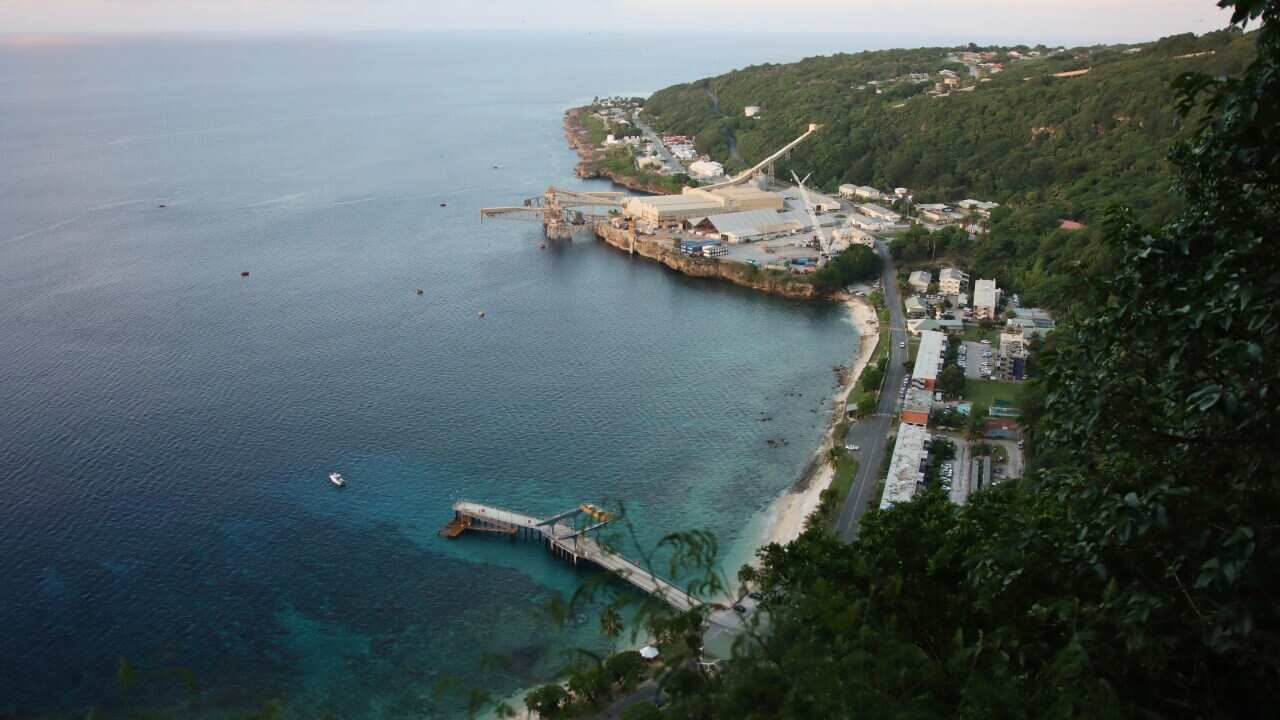Thousands of people were killed when 40 tonnes of lethal methyl isocyanate gas spewed from the Union Carbide chemical plant in the central Indian city, just before midnight on December 2, 1984.
"He (Anderson) escaped liability," Rachna Dhingra, a member of the Bhopal Group for Information and Action, a campaign outfit working with the disaster's survivors, told AFP.
While Anderson's family did not announce his death, The New York Times reported Friday that the 92-year-old had died in a Florida nursing home on September 29, citing public records.
"It's good news -- (except) we would have loved it had he been hanged in an Indian prison," one Bhopal survivor, Shamshad Begum, said in an interview with the Indian Express as Indian newspapers devoted full pages to Anderson's death.
"He had no right to live as his company took thousands of lives," said Begum, who lost her four-year-old son a day after the gas leak.
Anderson was chairman of the US-based Union Carbide parent group at the time of the accident.
He flew to Bhopal a few days after the accident and was arrested, but he was freed on bail and never returned to stand trial.
Union Carbide sold its stake in the Bhopal plant after the accident and the group was later acquired by chemicals giant Dow Chemical.
In 1989, Union Carbide paid $470 million in compensation to the Indian government. Dow insists all of Union Carbide's liabilities were settled in the deal.
According to Indian official figures, 3,500 people died within days of the accident. But the state-run Indian Council of Medical Research later estimated the immediate number of deaths at 8,000 to 10,000.
The long-term impact of toxins released after the gas leak led to a string of diseases, which the council said killed 25,000 people by 1994.
Survivors and their children say they have been afflicted by cancer, vision problems, fatigue, heart disease and other ailments.
Indian authorities blamed the leak on design and maintenance problems but Union Carbide attributed it to employee sabotage.
Tarun Thomas, a manager with Chingari Trust which helps Bhopal children disabled by the disaster, told AFP that three generations had been affected by the accident.
"Even three decades after the disaster, children are coming to us with disabilities that are a result of that one event," he said.
In 2011, India's Supreme Court rejected a government demand to hand down tougher sentences to seven Indian former Union Carbide employees convicted of "death by negligence" over their role in the Bhopal tragedy.
Anderson was declared by Indian courts to be an "absconder" -- or a fugitive -- from the Indian legal system.
Speaking about the disaster to the New York Times five months after it struck, he said: "You know it's something you're going to have to struggle with for a long time."
In 2010 the Indian government promised to make "vigorous efforts" to extradite Anderson, after first seeking his extradition in 1993.









